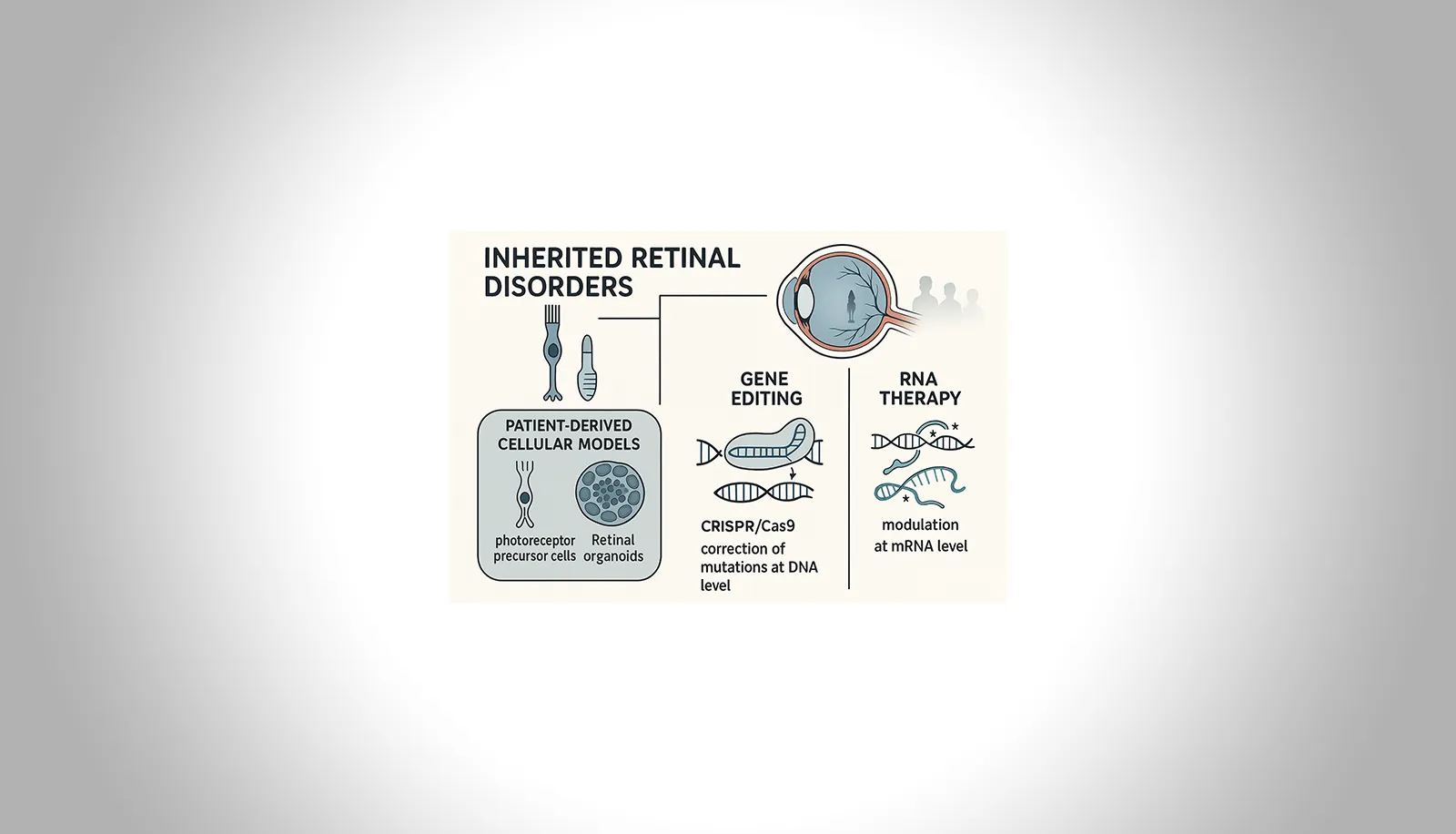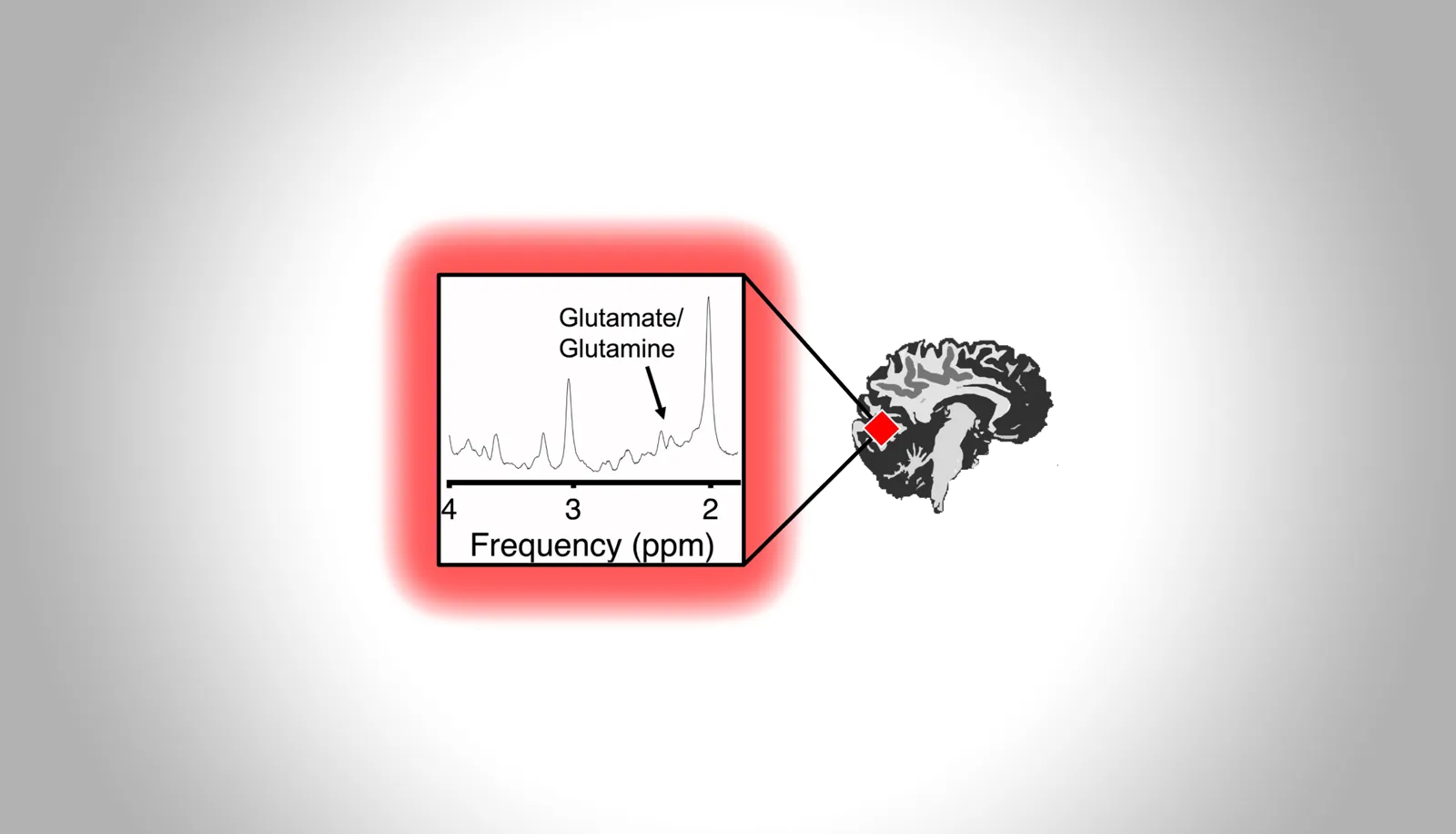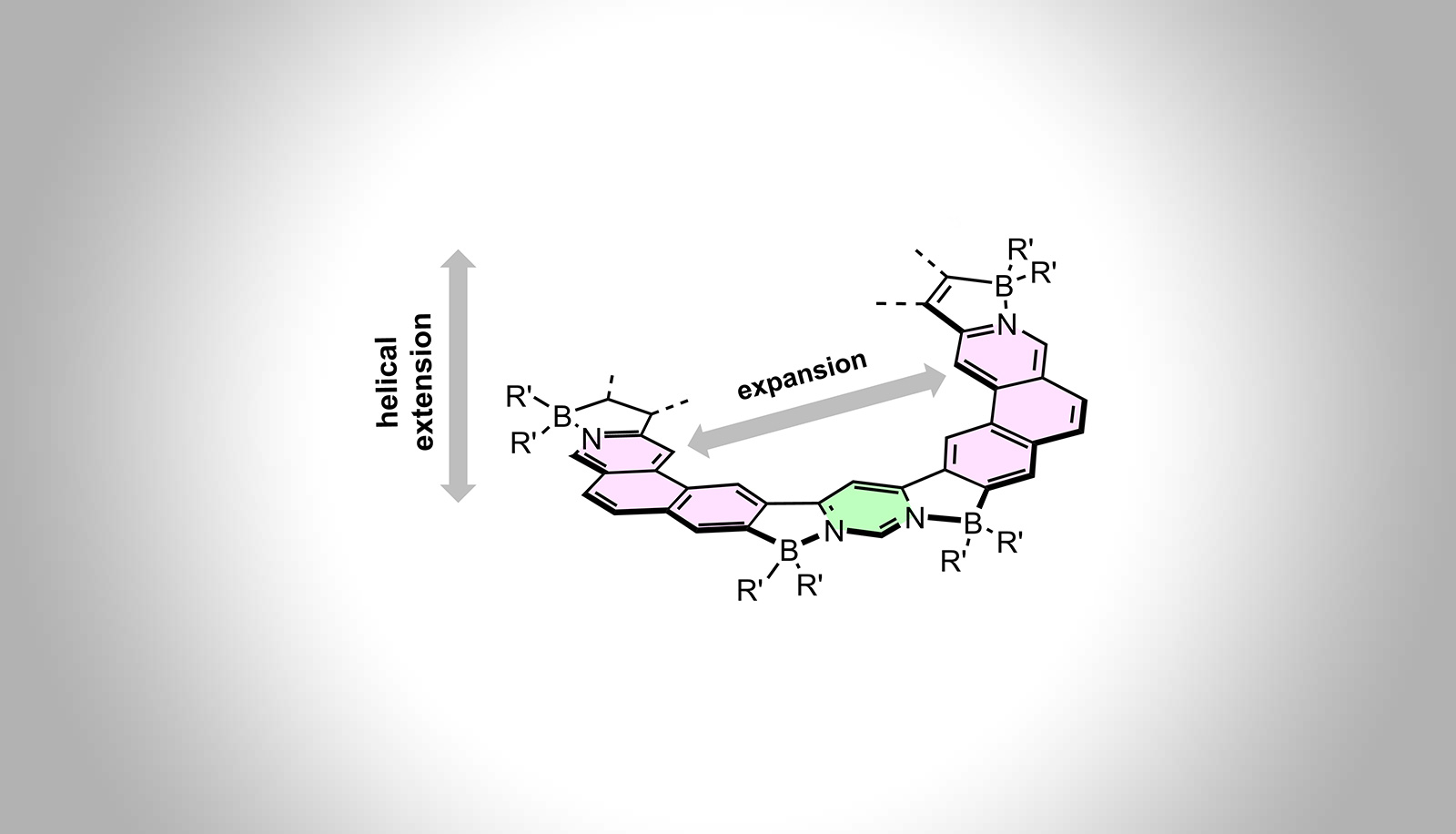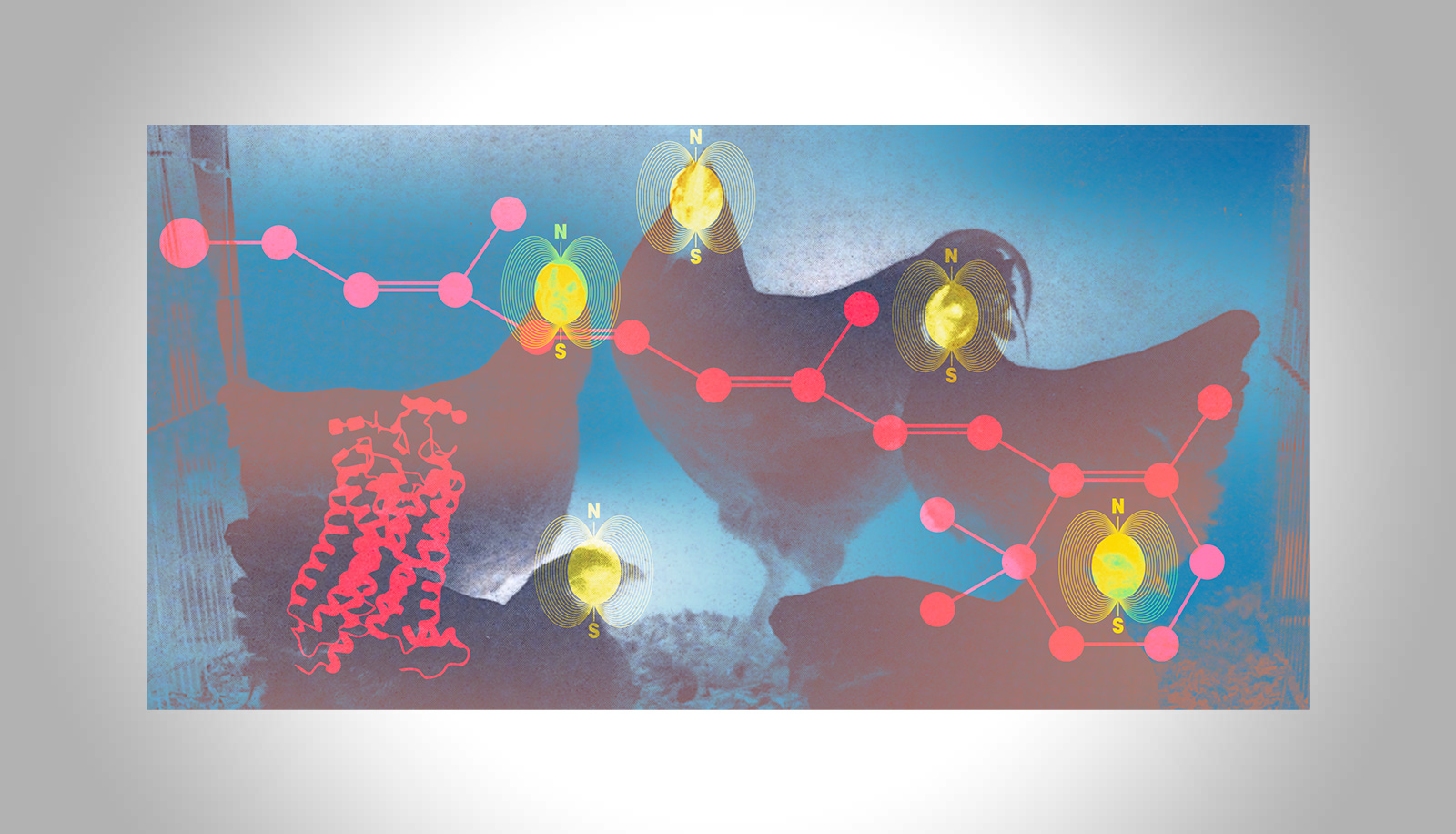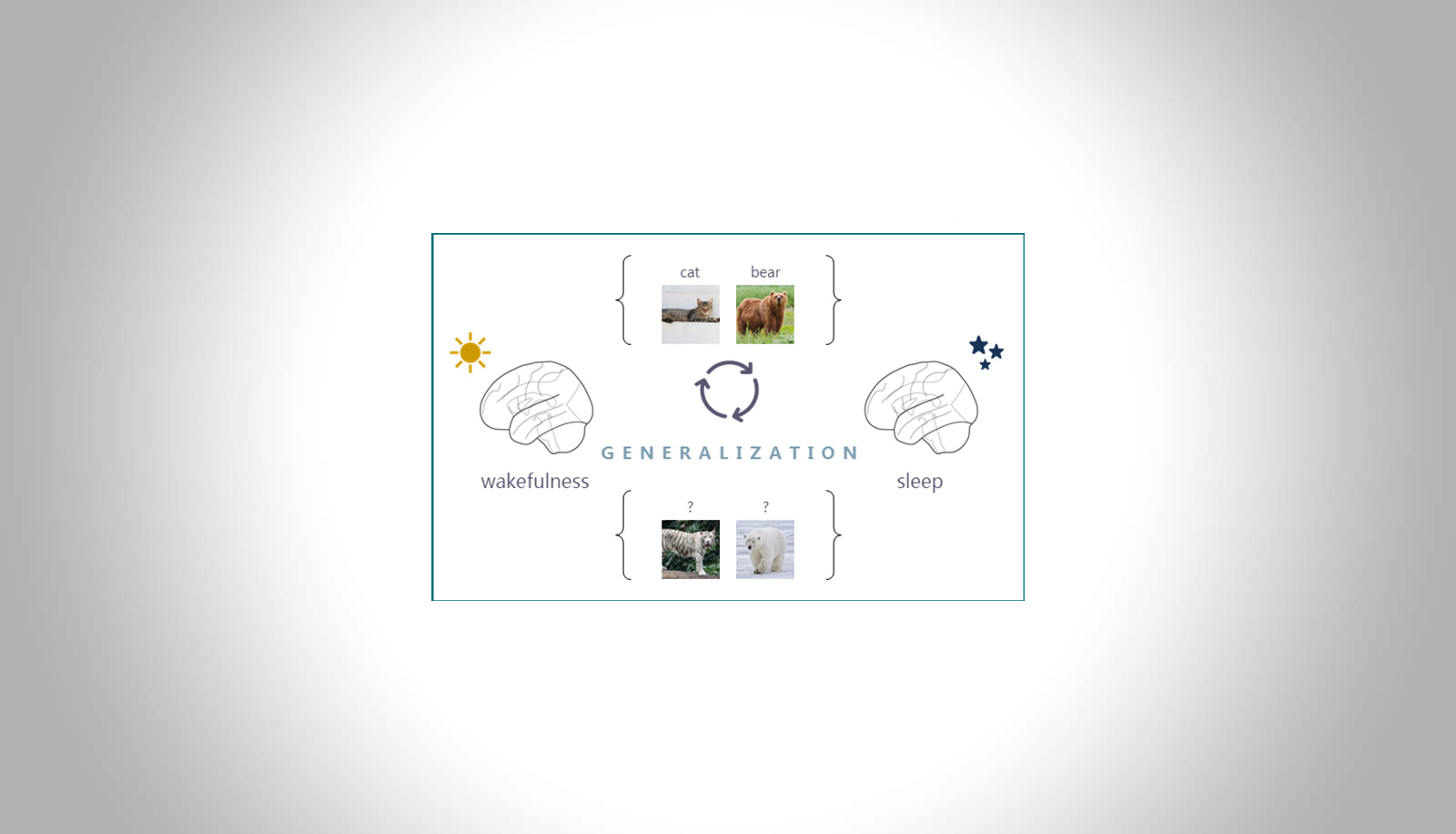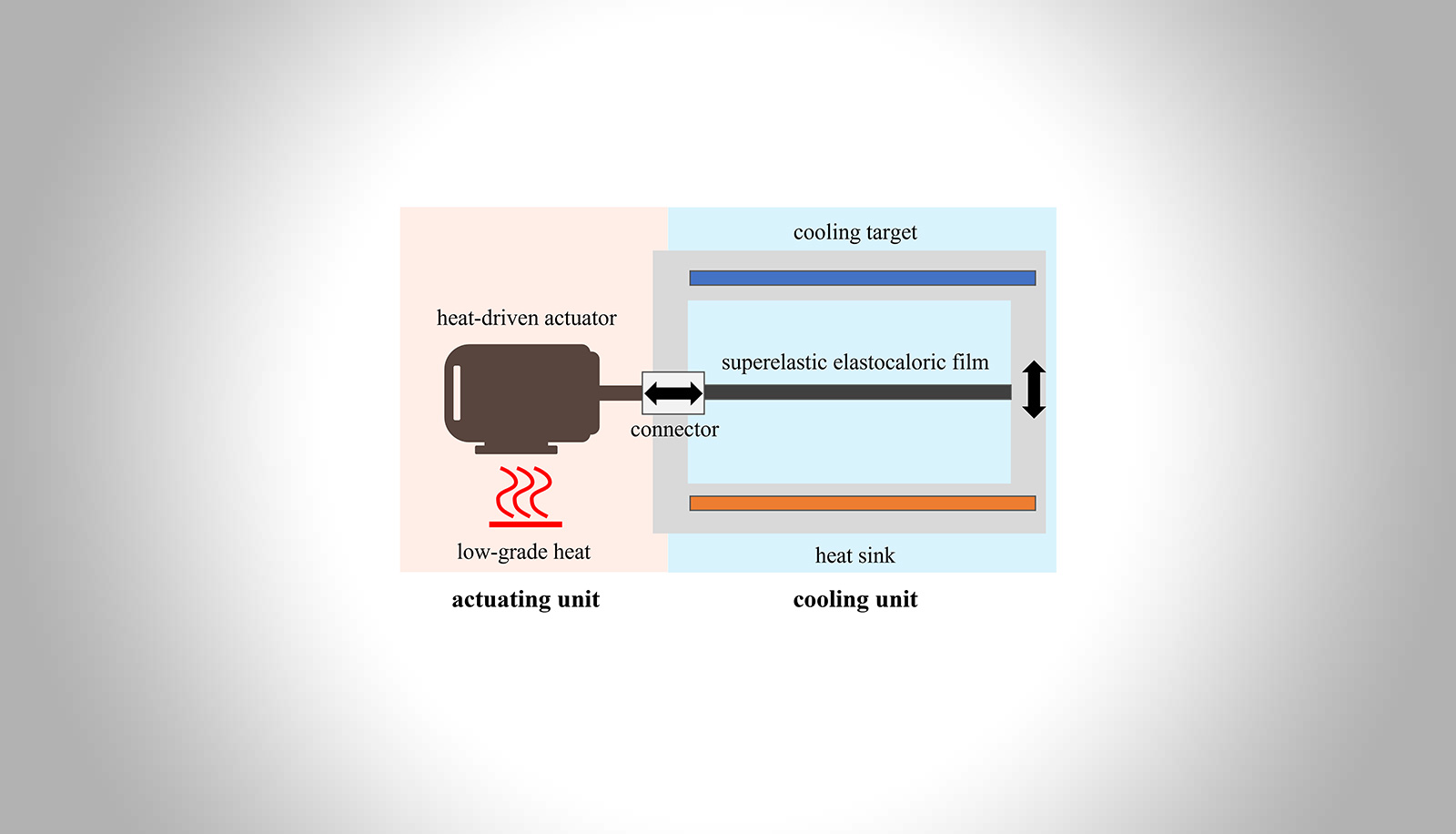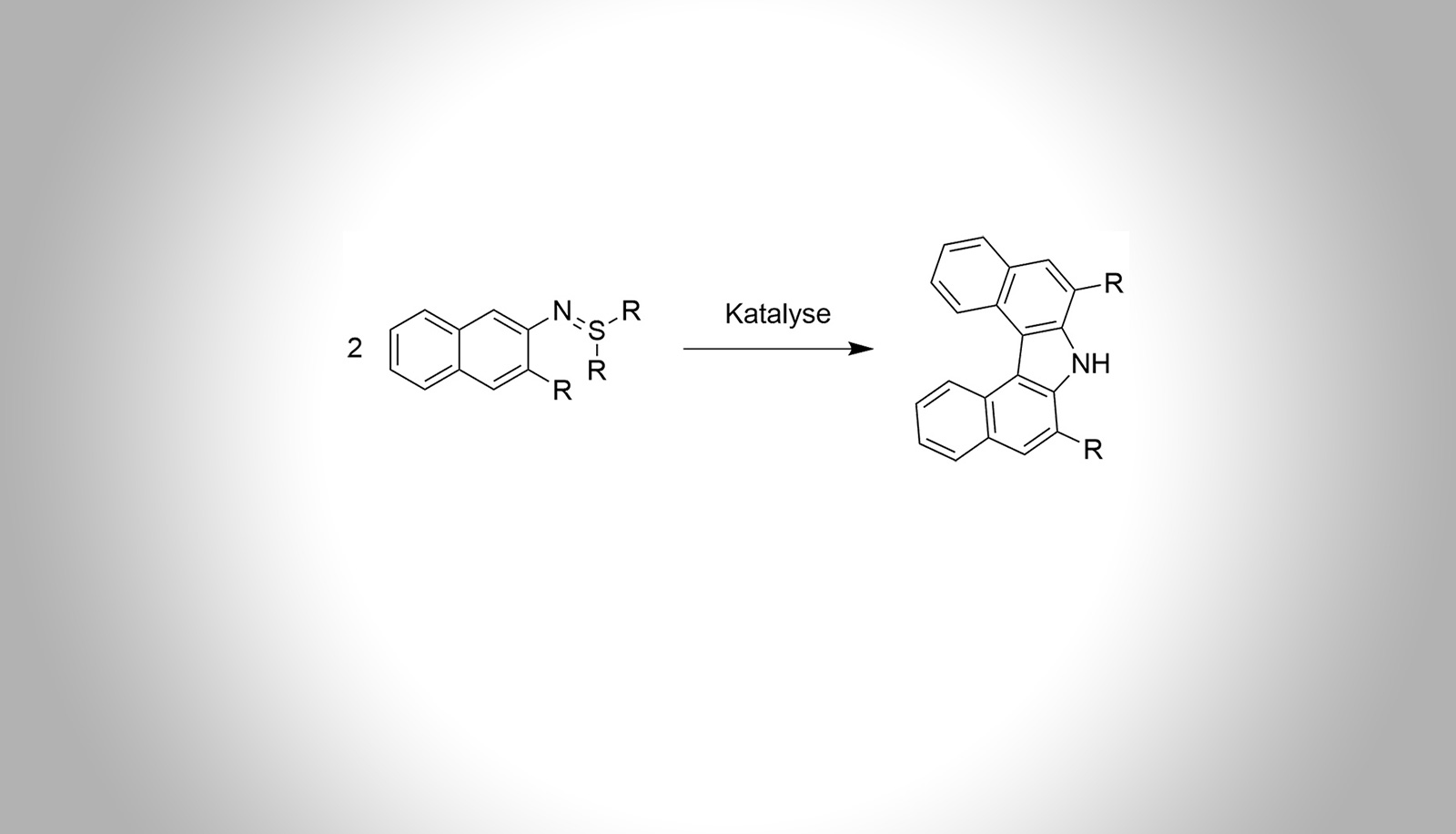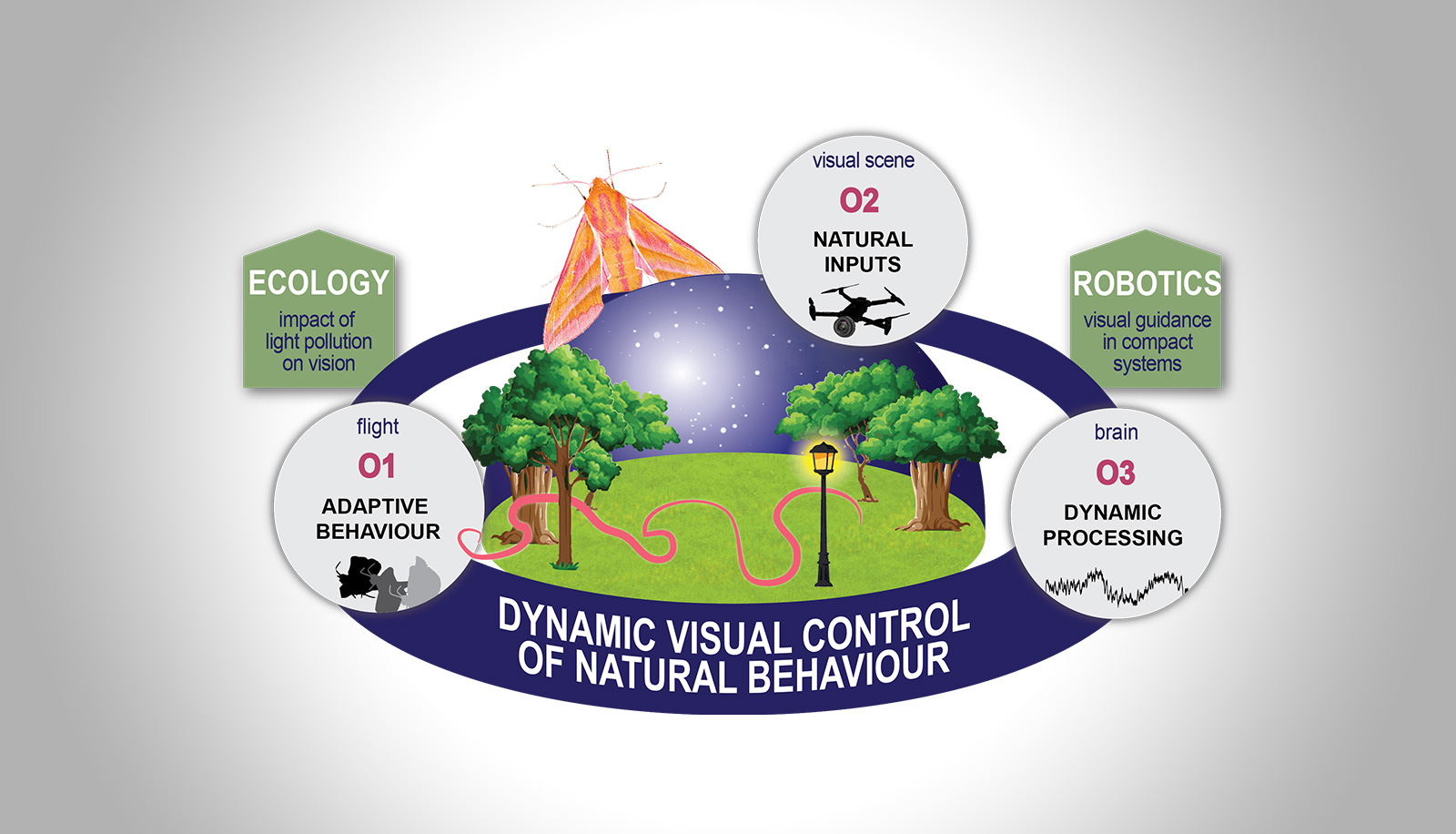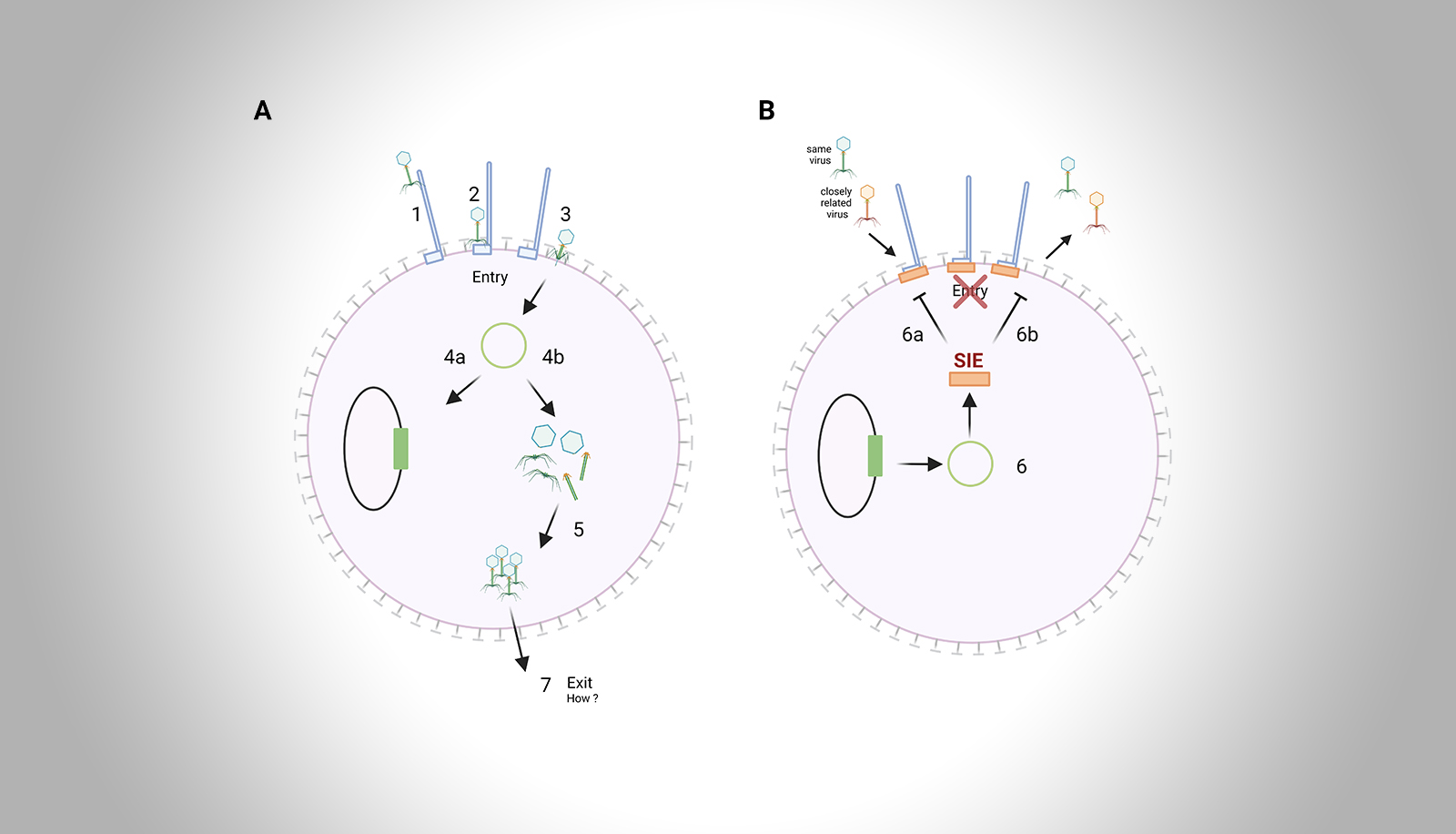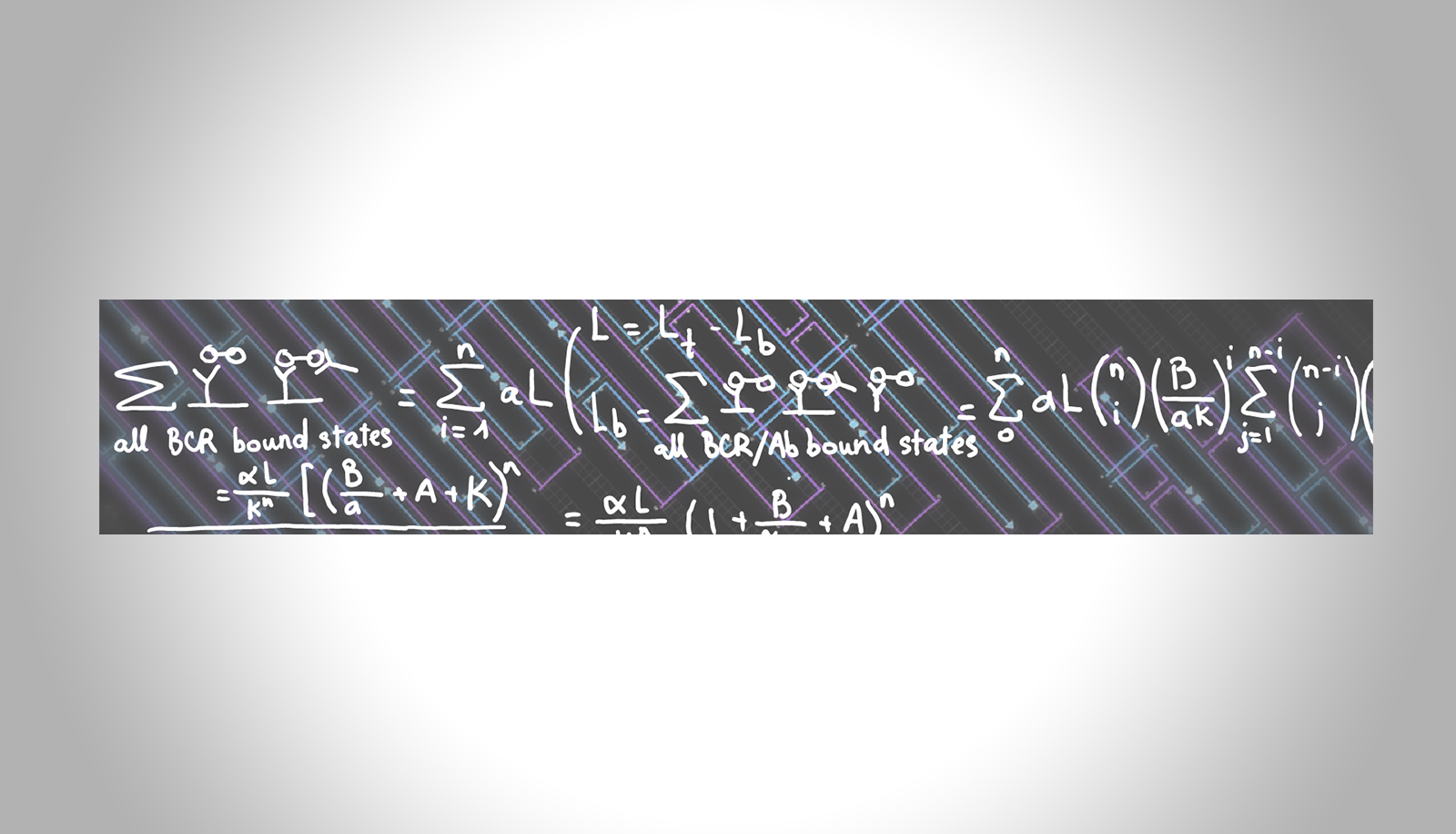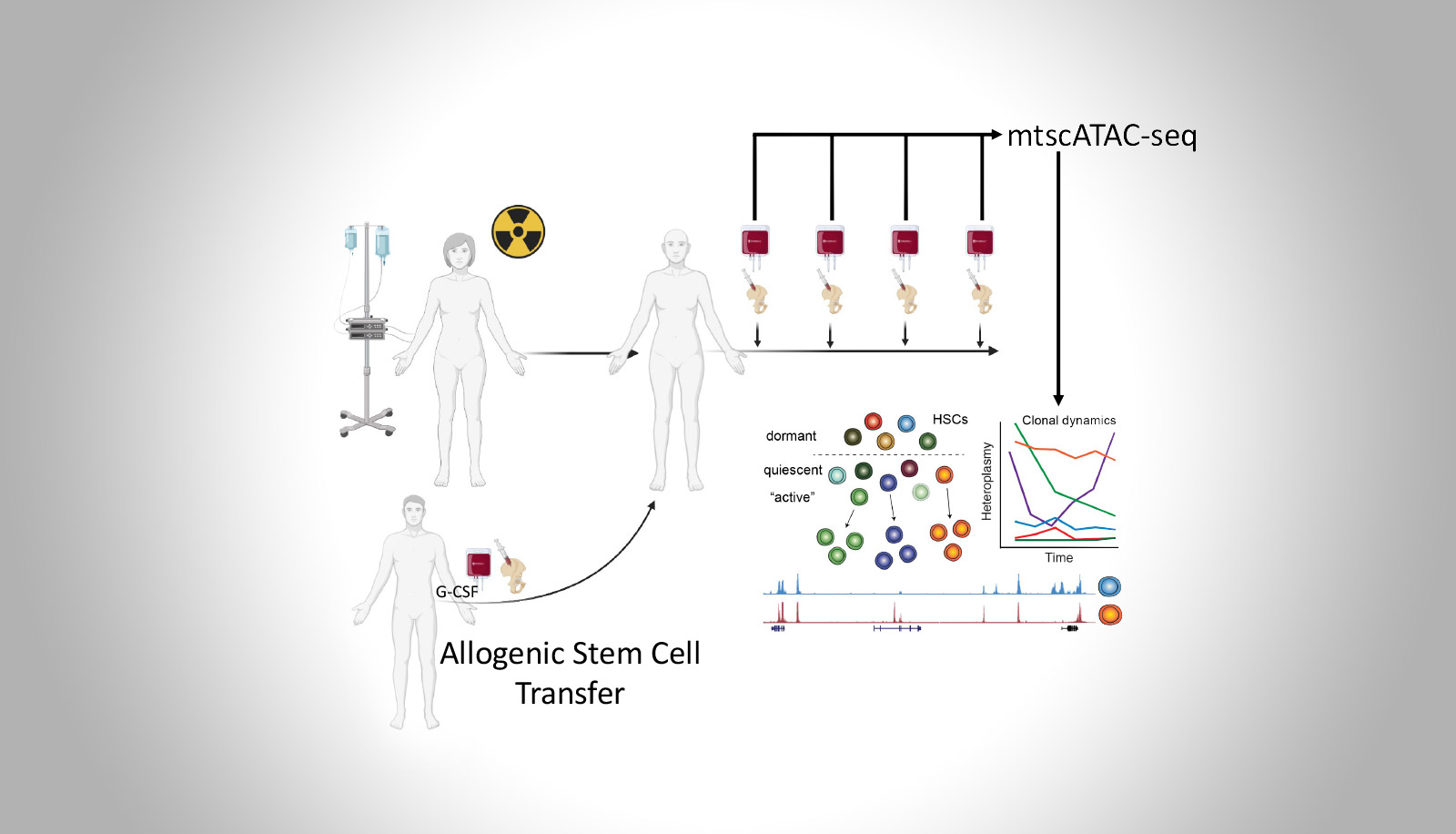Networking and interdisciplinary knowledge transfer
Associated YR ProjectsAssociated Young Researchers Projects
Networking and interdisciplinary knowledge transfer are essential to encourage research cooperations. Besides the promotion of junior scientists within the context of their doctorate or a research project, the Hector Fellow Academy offers the opportunity to become part of the Hector Fellow Academy to doctoral students and PostDocs in the working groups of the Hector Fellows. Being part of the Associated Young Researcher Program, they can participate in numerous continuing education courses as well as at networking events, symposia or conferences. In order to be accepted as an Associated Young Researcher, they require the consent of the mentoring Hector Fellow.
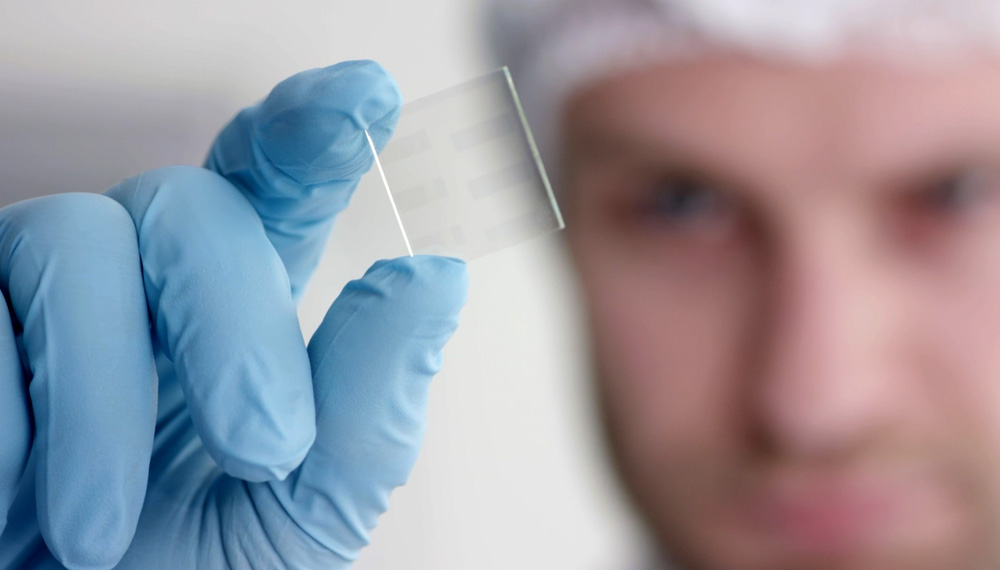
Current projects
The following Associated Young Researchers projects are supported
CRISPR/Cas and RNA Therapeutics for Inherited Retinal Diseases
Pietro De Angeli — Hector Fellow Eberhart Zrenner
Vision loss from inherited retinal diseases is caused by faulty genes. My research uses cutting-edge tools—like CRISPR and RNA therapies—to fix or silence mutations in genes such as RHO, USH2A, and ABCA4. These treatments are tested in advanced patient-derived models, including iPSC-derived retinal cells, with the goal of developing safe, effective therapies ready for clinical translation.
Neuromodulatory Processes Involved in Learning and Brain Plasticity Across the Lifespan: Insights from Visual Perceptual Learning
Savanna Babu — Hector RCD Awardee Sebastian Frank
This project investigates how mechanisms of learning and brain plasticity differ between young and older adults using Visual Perceptual Learning (VPL) as a model. VPL refers to an improvement in a visual skill with repeated visual experience or training. VPL will be studied using behavioral training protocols combined with techniques such as eye-tracking, functional magnetic resonance imaging (fMRI), and magnetic resonance spectroscopy (MRS).
Expanded boron-embedded helicenes as novel organic materials
Klaudia Szkodzinska — Hector RCD Awardee Agnieszka Nowak-Król
Helicenes are a group of polycyclic aromatic hydrocarbons (PAHs) with screw-shaped structures that give rise to characteristic optical and optoelectronic properties. Both expansion of the helical structure and its enrichment with boron have been proved to enhance these properties, enabling multiple applications, for example in OLEDs and OFETs. This project focuses on the synthesis of helicenes integrating both features as potential new materials for organic electronics and fundamental studies.
On the Potential Implication of Rhodopsins in Avian Magnetosensitivity
Arno Munhoven — Hector Fellow Peter Hegemann
Earth's magnetic field guides migratory birds over vast distances. Despite decades of research, the mechanisms behind avian magnetosensitivity remain unclear. Recent studies suggest cryptochromes play a role, but proving this is challenging. Our project explores whether rhodopsins, previously overlooked, also contribute. We aim to understand these photoreceptors at a molecular level and enable behavioural experiments with transgenic birds.
Evolution of wound care and rescue behaviour in army ants
Juan José Lagos-Oviedo — Hector RCD Awardee Erik T. Frank
Certain ant species exhibit wound care and rescue behaviours towards injured nestmates, thereby enhancing their survival and sustaining the colony's workforce. Despite these benefits, it remains unclear how ecological and evolutionary factors have shaped these social behaviours. By using interdisciplinary methods from behaviour and theoretical biology, we aim to elucidate the causes and consequences underlying the evolution of wound care and rescue behaviours.
Cognitive and neural mechanisms underlying memory generalization during wakefulness and sleep
Katja Kleespies — Hector RCD Awardee Monika Schönauer
The human brain has the remarkable ability to flexibly generalize knowledge from specific learning experiences to new situations. However, the mechanisms underlying such generalization processes are still not fully understood. This project aims at characterizing the cognitive and neural representations that underlie successful generalization processes and to identify factors that influence them (e.g., sleep). As such, we hope to gain a better understanding of how we make sense of the continuously changing world around us.
Heat Actuated Elastocaloric Cooling
Yi-Ting Hsiau — Hector RCD Awardee Jingyuan Xu
Elastocaloric cooling utilizes stress-induced crystallographic phase transformation which releases or absorbs latent heat upon stress loading or removal. It is a promising next-generation solid-state cooling due to its high caloric effect. However, one of the disadvantages is the huge electric actuator required. This project aims to integrate actuators driven by low-grade heat to reach the goal of reducing driver-to-refrigerant mass ratio and zero electricity input.
Access to pi-enhanced carbazoles and their application
Henrik Habeck — Hector Fellow A. Stephen K. Hashmi
π‑Extended carbazoles exhibit intriguing electronic and optical properties that make them attractive for diverse applications such as OLEDs, OFETs, and solar cells. In this project, new methods for the synthesis of these N‑heterocycles will be explored and their application as organic materials will be intensively investigated.
Dynamic Vision in Natural Low Light Environments From Single Photons to Behaviour
Andrea Gonsek – Hector Fellow Awardee Anna Stöckl
Insects face a wide range of light intensities, which gradually change throughout the daily cycle, and suddenly change between celestial conditions or habitat types. To understand how insects extract relevant information from such dynamic visual scenes, it is necessary to study both sensory processing and behaviour, which influence each other reciprocally. To disentangle this closed-loop, I am studying three key-stages: (i) adaptive behaviour, (ii) natural inputs, and (iii) sensory processing.
Mechanisms of superinfection exclusion in archaea
Emine Rabia Sensevdi
Viruses are much more than parasites with a negative impact on the host. They can infect all domains of life and have different types of relationships with their host: From a parasitic to even beneficial relationship. One potentially beneficial relationship in favor of their host cell is the ability of some viruses to prevent superinfection by other viruses, which is known as superinfection exclusion (SIE). However, our understanding of this mechanism is rather scare. This project aims to decipher the molecular mechanism underlying SIE in haloarchaeal viruses using molecular and virological techniques.
DNA origami for synthetic immunology
Mai Tran
Monomeric or particle-based multimeric subunit vaccines are widely used to induce humoral immune responses that protect from disease. However, how antigen valency and spacing affects B cell activation and antibody production is not well understood. Using a malaria vaccine antigen as model, the project combines DNA-origami-based experimental work with mathematical modeling to define how the biophysical parameters of antigen presentation and antibody affinity affect B cell activation.
Inferences of clonal dynamics in human hematopoiesis
Lena Nitsch – Hector RCD Awardee Leif Ludwig
The formation of cells in our blood is sustained throughout our lifetime by hematopoietic stem cells. An understanding of the output and activity of individual stem cells, however, is only emerging. In my project, I will investigate clonal reconstitution dynamics and evaluate hematopoietic regeneration utilizing somatic mutations in the mitochondrial genome as natural barcodes in matching bone marrow and peripheral blood samples from patients undergoing allogenic stem cell transplantation.
Alumni projects
Find here an overview of the already completed projects.

